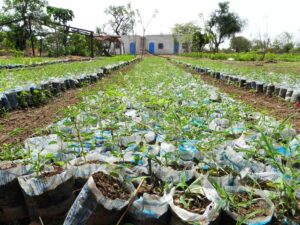Over the past decade, carbon offset markets have gained significant attention as a mean to address climate change and reduce greenhouse gas emissions. While often overlooked by the general public, these markets are rapidly growing in our modern economies. In 2020, the global carbon offset market was valued at approximately $8.6 billion, with a projected annual growth rate of 15% until 2028.
For businesses, there are two distinct motivations: mandatory and regulated compensation, or voluntary participation. In both cases, carbon offsetting can become a crucial ally in the fight to protect our planet and its resources.

Carbon Offset Markets: mandatory vs. voluntary – what’s the difference?
Carbon offset markets are platforms where entities can buy and sell carbon credits to compensate for their emissions. Mandatory compensation is often driven by regulatory frameworks, requiring certain industries or organizations to offset a portion of their emissions. On the other hand, voluntary compensation is undertaken voluntarily by individuals, businesses, or governments, motivated by their environmental responsibility.
Environmental advantages: the example of Costa Rica
Carbon offset projects bring several benefits to the environment. By supporting emission reduction initiatives such as renewable energy projects, reforestation efforts, and energy efficiency programs, these projects contribute to the reduction of greenhouse gas emissions. Costa Rica serves as an excellent example, with successful carbon offset projects, including reforestation efforts and sustainable land management practices, leading to increased forest cover and reduced carbon emissions. The country has achieved a milestone of 99.6% renewable energy generation in 2021, in part thanks to these projects.
Is carbon offset always beneficial?
While the principle is good, not all carbon offset projects are equal in practice. While some projects have positive environmental impacts, others may be ineffective or even harmful.
For instance, establishing a monoculture forest solely for carbon sequestration without considering biodiversity conservation is not a good idea. It is therefore essential for project developers to be ambitious in their environmental goals, and propose and advocate for projects that benefit nature and local communities.
Today, carbon offset markets play a significant role in driving environmental change by providing opportunities for restauration and conservation. However, while they offer advantages for the environment, it is essential to differentiate between good and bad offset projects.
Project developers must prioritize projects that go beyond mere carbon sequestration and consider broader environmental goals, such as preserving biodiversity and supporting local communities. By promoting and supporting environmentally ambitious projects, carbon offset markets can truly make a positive impact in the fight against climate change and contribute to a sustainable future for all.
Treecolor Alliance works with local communities to develop reforestation projects wich include strong environmental and social impacts.

